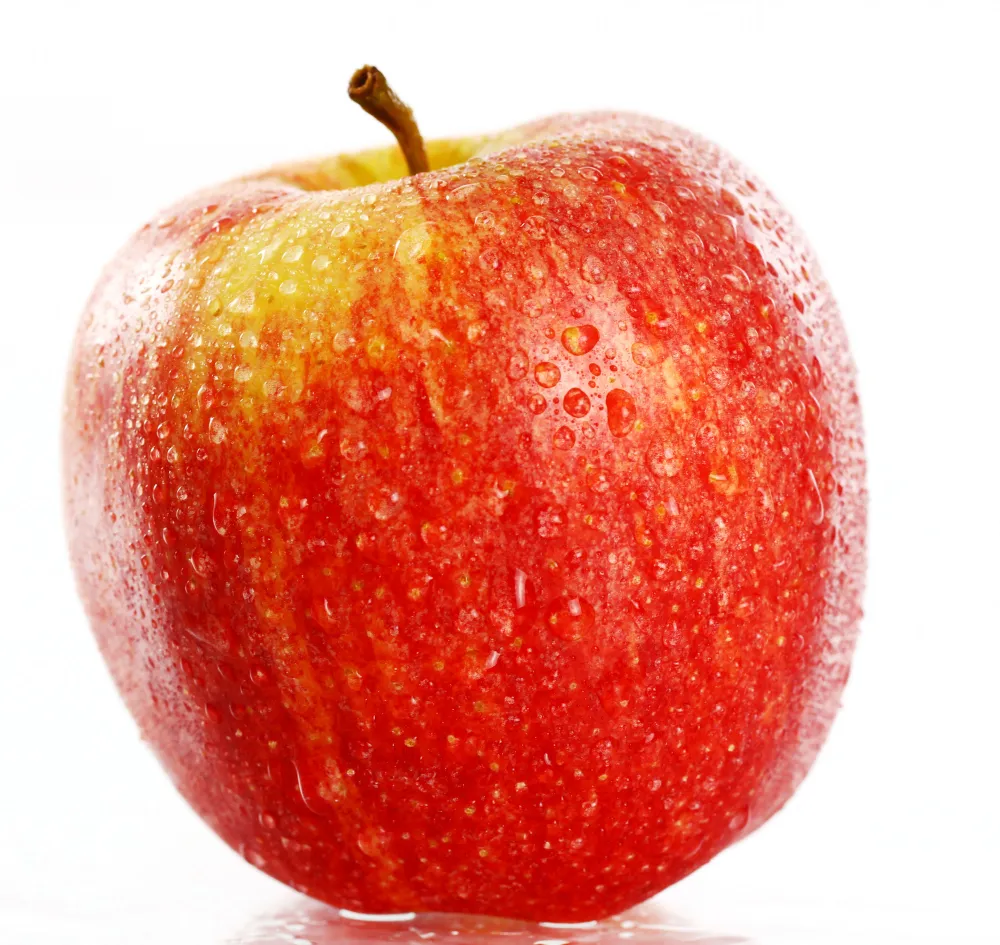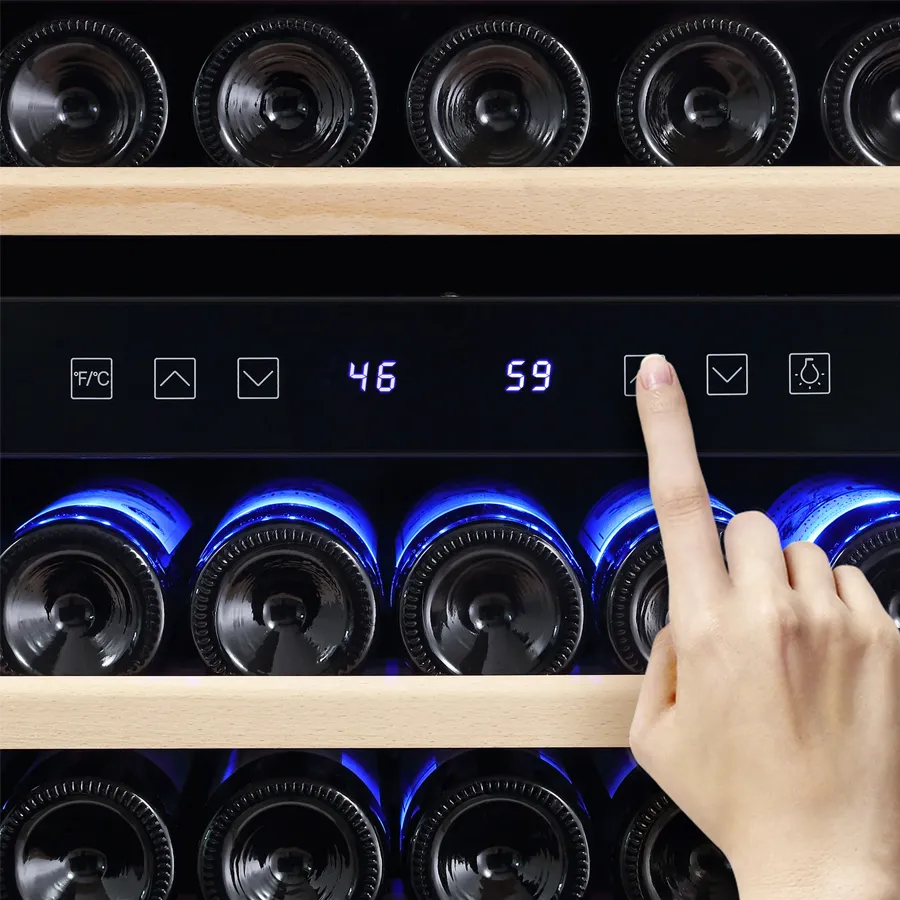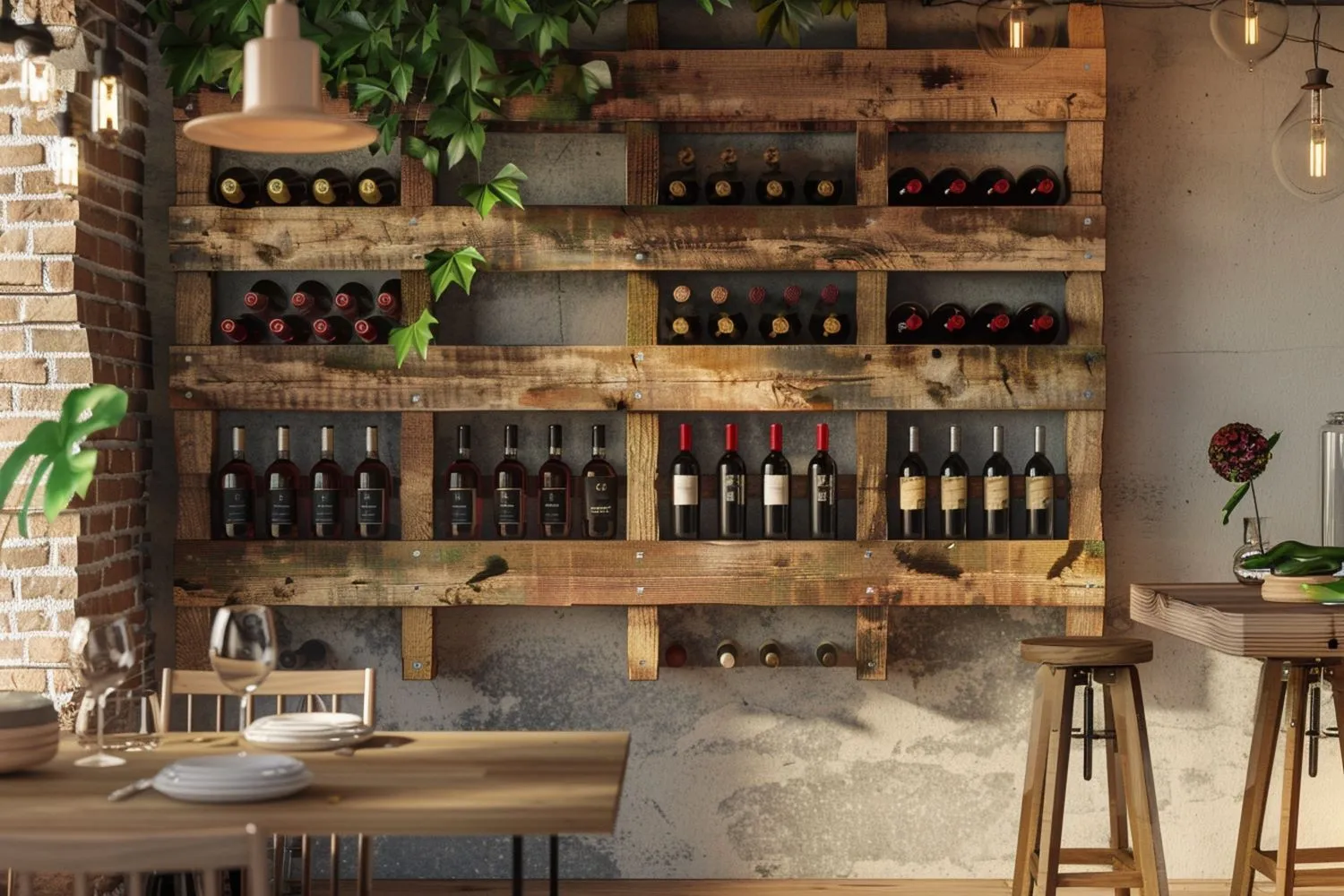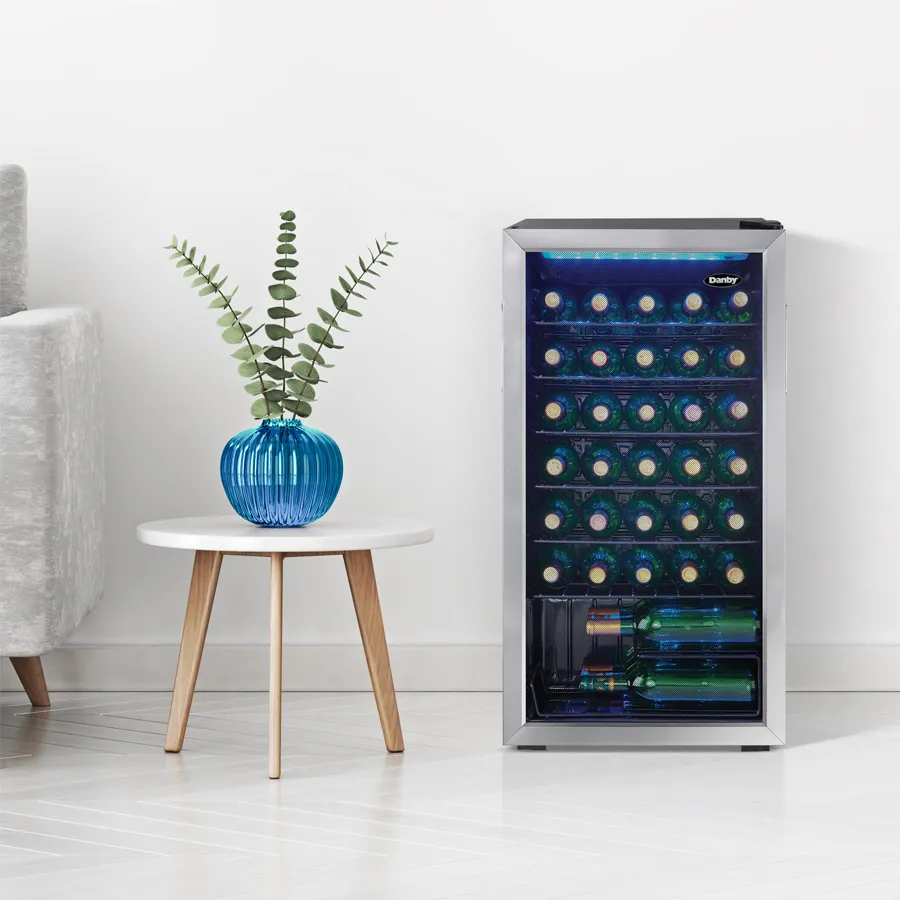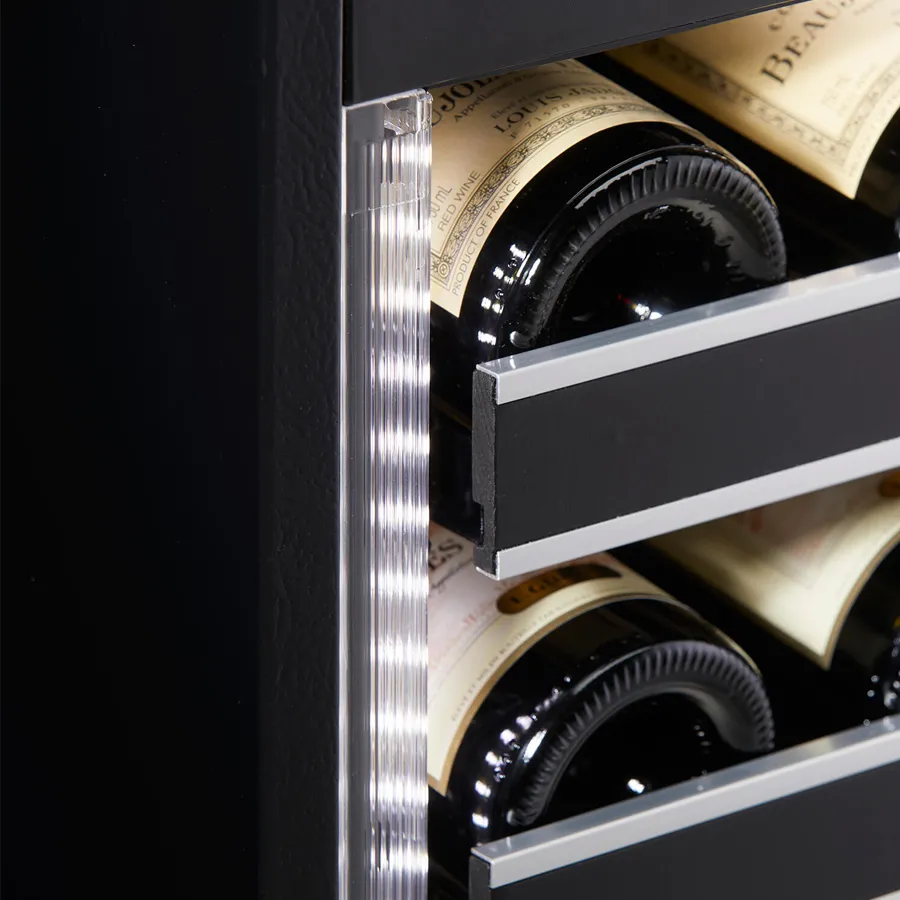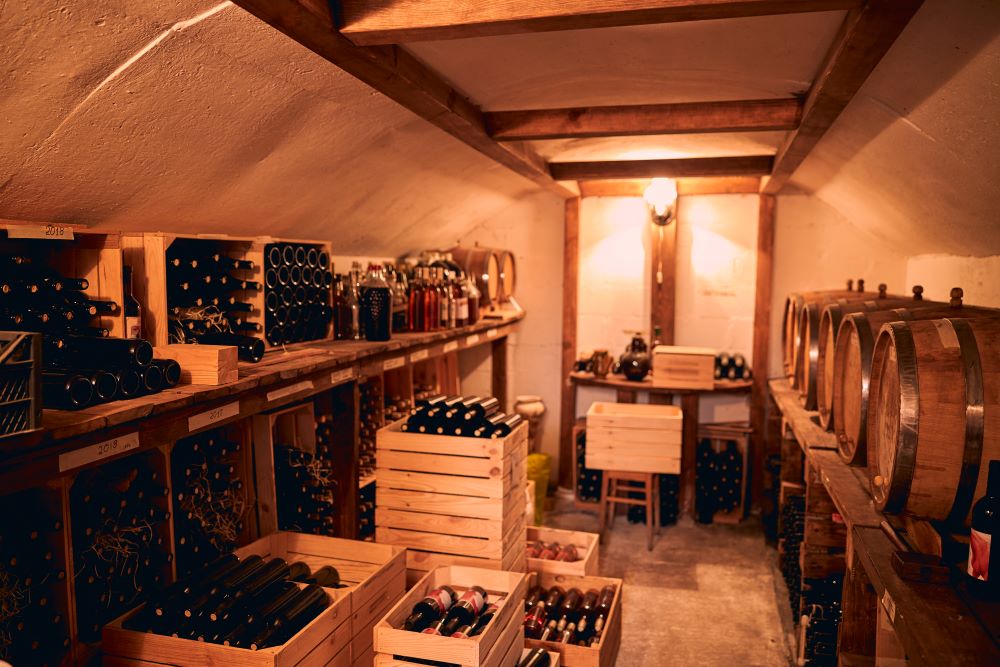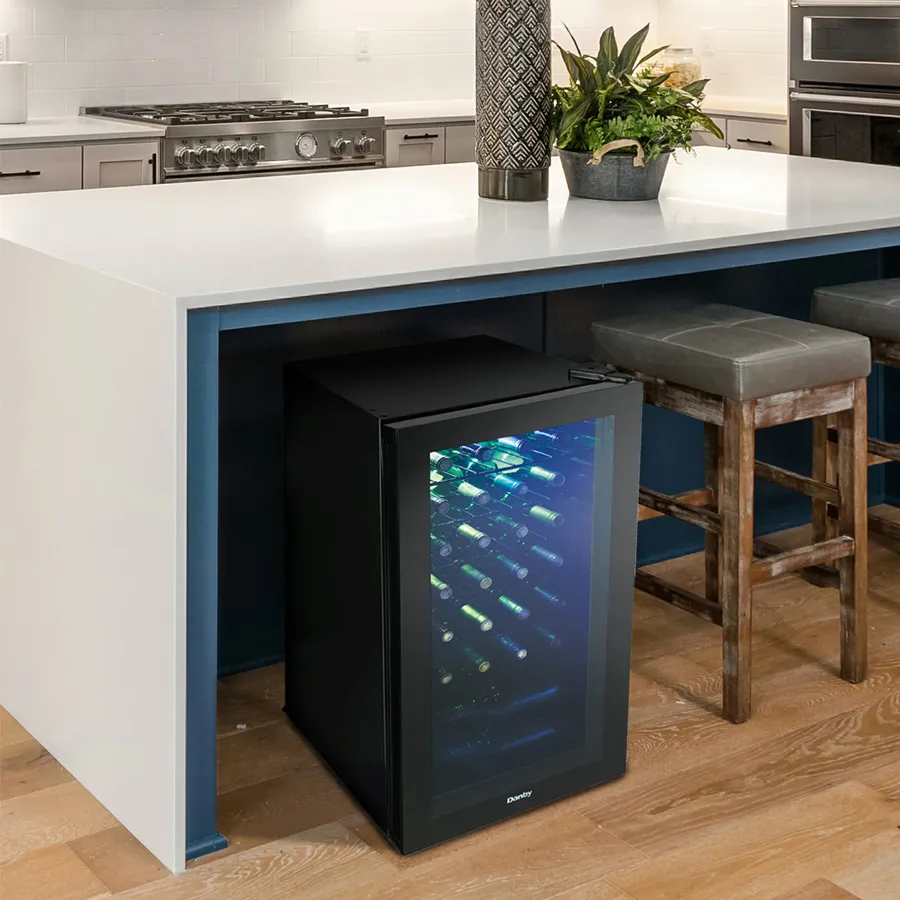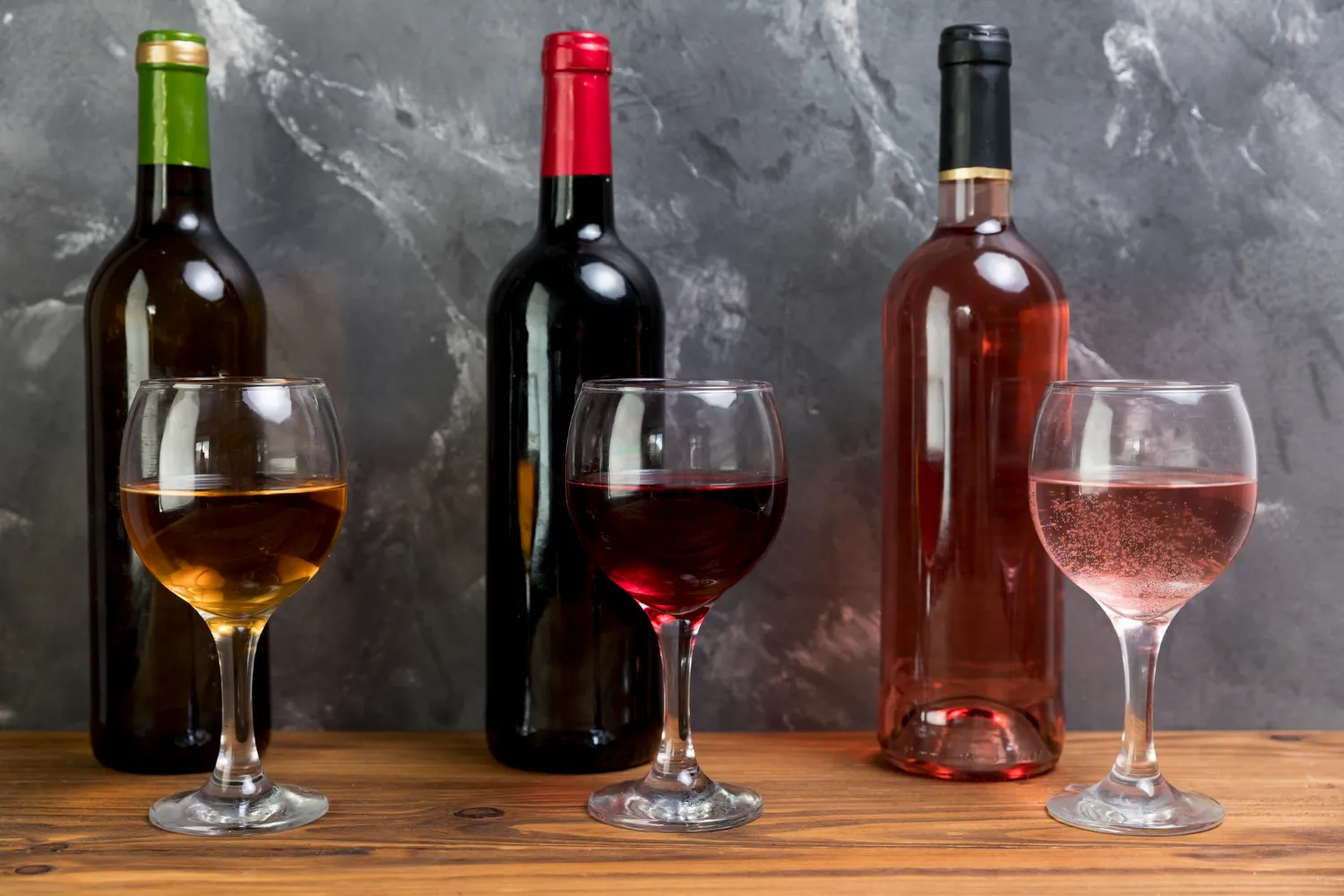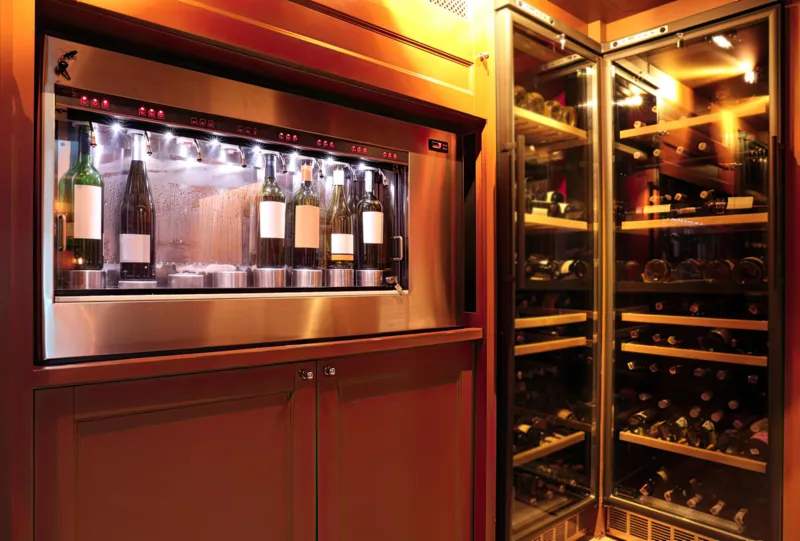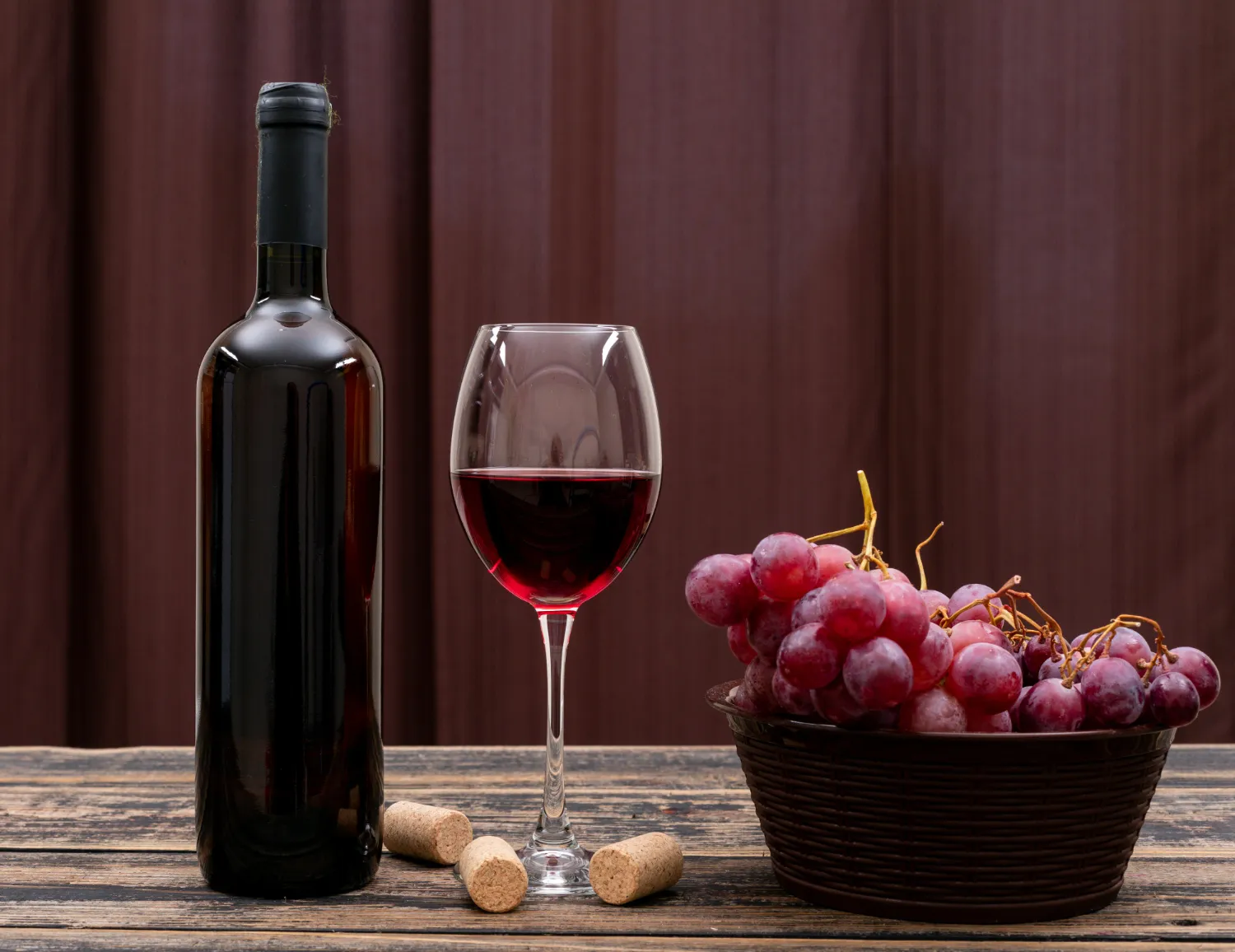Storage of wine is a delicate process that requires careful consideration to ensure the wine remains at its best quality. While a normal refrigerator may seem like a convenient option, it can actually harm the wine rather than preserve it. The temperature fluctuations and vibrations from a regular fridge can impact the aging potential and flavor of the wine, leading to an unbalanced taste and unpleasant sediment disturbance. To properly store your wine and protect its aging potential, consider investing in a wine fridge or utilizing a dark, cool space like a cellar or closet to ensure that your bottles are kept in optimal conditions. Learn more about the dos and don’ts of wine storage in this guide.
=> Quick Answer: Most wines cannot age well in a standard refrigerator, which is typically set to a temperature of 33 to 40 degrees Fahrenheit.
Specialty Wine Coolers
Specially designed wine coolers provide a controlled environment for optimal wine storage conditions. These coolers offer features such as temperature control, humidity control, dark interiors, and vibration prevention. They ensure that your wine bottles are stored horizontally to maintain proper cork contact and prevent oxidation. Investing in a specialty wine cooler can prolong the life of your wines and preserve their flavors for longer periods. Standard refrigeration methods may fall short in comparison to the precise conditions set by dedicated wine coolers

The ideal conditions for wine storage are provided by specially-made wine coolers, which offer a controlled environment. These coolers have characteristics including vibration prevention, dark interiors, temperature control, and humidity control.
Standard Refrigeration
Refrigeration designed for general food storage may not be the ideal choice for long-term wine storage. Standard refrigerators operate at temperatures between 33 and 40 degrees Fahrenheit, which can be too cold for many wines. Storing wine in a standard fridge may lead to the wine being shocked, resulting in the loss of complexity, balance, and flavor. Additionally, the vibrations from the compressor in a regular fridge can disturb the sediments in aging wines, affecting their taste negatively. Perceiving these factors is important for maintaining the quality of your wine collection. Many wine enthusiasts debate whether a normal refrigerator is suitable for storing wine. While refrigeration can provide a convenient way to keep your wine at a stable temperature, there are also potential drawbacks to consider.
| Advantages | Drawbacks and Long-Term Storage Considerations |
| Convenience of Temperature Control | Potential Temperature Fluctuations |
| Protection from UV Light Exposure | Humidity Levels Impacting Corks |
| Space-saving Option for Small Collections | Compressor Vibrations Potentially Disturbing Sediments |
| Prolonged Wine Preservation | Loss of Flavor and Complexity |
| Cost-Effective Solution | Stunted Aging Potential in Ideal Conditions |
Not all refrigerators are suitable for storing wine, especially for long periods. There are a few things to think about before storing your priceless wine bottles in a regular refrigerator.
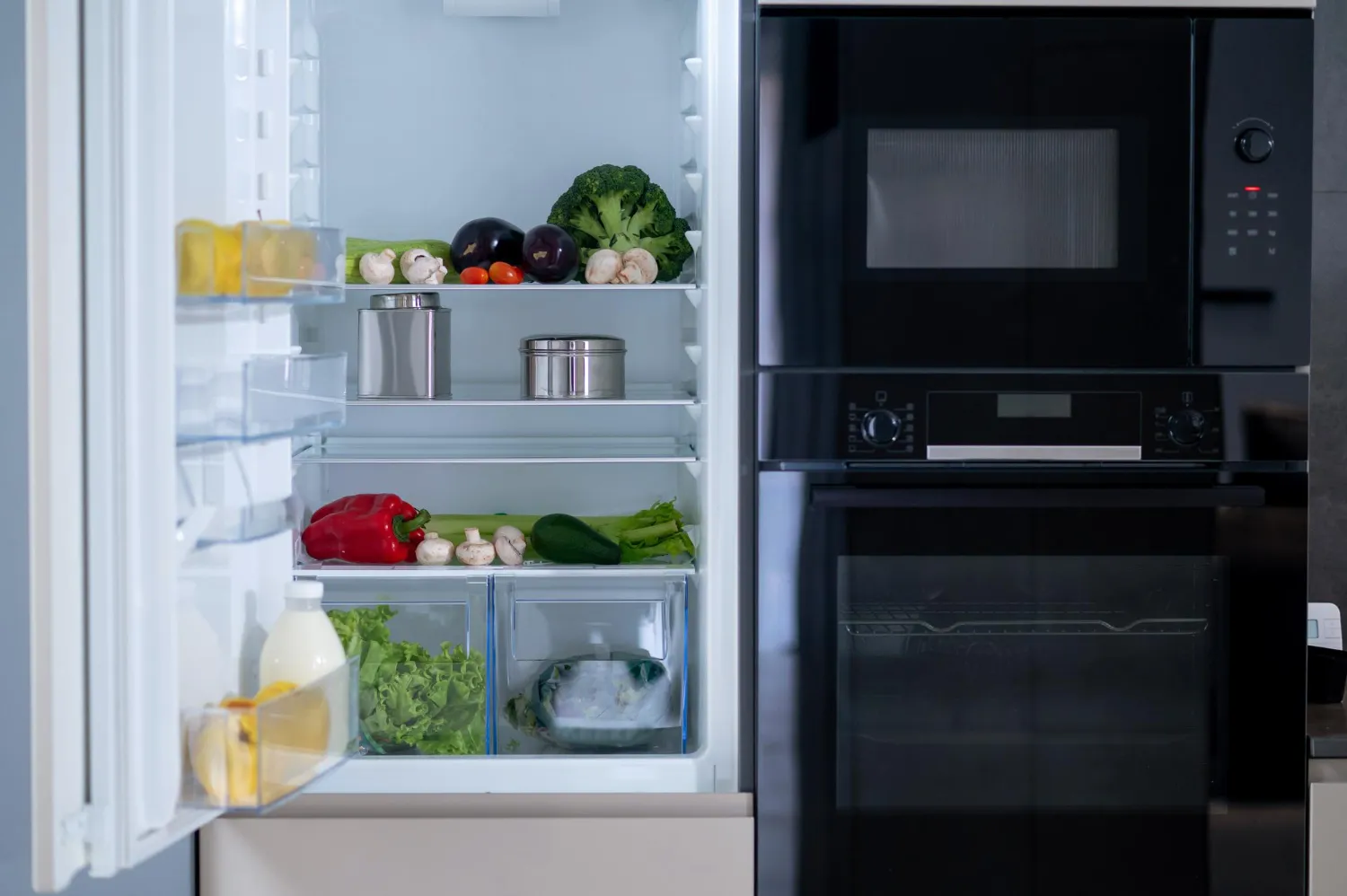
Many wines may find the 33 to 40 degrees Fahrenheit that standard freezers run at to be excessively chilly. Wine that is kept in a regular refrigerator may get shocked and lose its complexity, flavor, and balance.
About Temperature Fluctuations and Wine Shock
The temperature settings in a regular fridge are generally too cold for wine storage, potentially causing wine shock. This shock can lead to tartaric acid falling out of the wine, resulting in unbalanced flavors. Additionally, the vibrations from the compressor in a fridge can disrupt the sediments in aging wines, affecting their taste.
| Issue | Impact |
| Too Cold Temperature | Loss of complexity and balance in wine |
| Vibrations | Upsetting wine sediments and affecting flavor |
Concerns regarding humidity levels and vibrations in a regular fridge can impact the aging potential of your wines. It is necessary to consider these factors when deciding whether to use a standard refrigerator for wine storage. This consideration becomes even more significant when dealing with rare or valuable wine bottles.
About Humidity and Vibration Concerns
Concerns about humidity and vibrations in a regular fridge can affect the quality of your wine over time. High humidity levels can suffocate the cork, hindering proper aging, while vibrations from the compressor can disturb the wine sediments. Ensure to store your wine bottles in a dark, cool place to avoid these issues. This underscores the importance of investing in a wine fridge if you are serious about preserving and aging your wine collection. A wine fridge provides temperature control, darkness, and humidity regulation, necessary components for storing wine properly. Assume that protecting your investment in quality wine requires the right storage conditions.
Conclusion
Hence, using a normal fridge for wine storage is not ideal for aging wine due to its low temperature, potential for condensation, and vibrations that can disrupt sediments. It is recommended to store wine on its side in a cool, dark place like a cellar or closet to maintain contact with the cork and prevent oxidation. Avoiding bright lights and investing in a proper wine fridge are key in protecting the aging potential and flavor profile of valuable bottles. By following these guidelines, wine enthusiasts can ensure that their precious wines are stored in optimal conditions for long-term aging and enjoyment.



